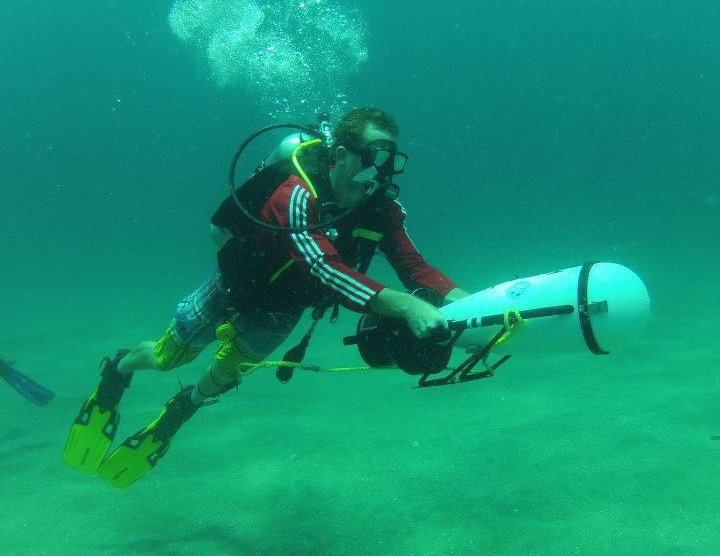Document Type
Article
Publication Title
Science of Tsunami Hazards
Abstract
Deadly western North Atlantic Ocean tsunami events in the last centuries have occurred along the east coast of Canada, the United States, most Caribbean islands, and the North Atlantic Coast of South America. The catastrophic Indian Ocean tsunami of 2004 reminded natural hazards managers that tsunami risk is endemic to all oceans. Total Risk is defined as hazard (frequency of tsunami events) times measures of elements at risk (human exposure) times measures of vulnerability (preparedness) in a given epoch (Nott, 2006). While the tsunami hazard in the Caribbean (averaging 19 ± 22 years between deadly events) is lower than Pacific coastal areas, the total risk to life and property is at least as high as the USA West Coast, Hawaii, or Alaska, because of the higher Caribbean population density and beach tourism so attractive to more than 35 million visitors a year. Viewed in this light, the allocation of resources by governments, industry, and insurers needs to be adjusted for the better protection of life, for coastal engineering, and for infrastructure.
First Page
70
Publication Date
2010
Recommended Citation
Proenza, X. William and Maul, George A., "Tsunami Hazard And Total Risk In The Caribbean Basin" (2010). Ocean Engineering and Marine Sciences Faculty Publications. 32.
https://repository.fit.edu/oems_faculty/32



Comments
Copyrights, Reproduction, and Citations: Authors publishing in the SCIENCE OF TSUNAMI HAZARDS maintain the copyright of their intellectual property. Permission to use research articles or photographs from the Journal should be requested directly from the authors. Use of any materials published in the SCIENCE OF TSUNAMI HAZARDS should be appropriately acknowledged. Pertinent reference information should be provided for the article from which the material was reproduced. SCIENCE OF TSUNAMI HAZARDS is a CERTIFIED OPEN ACCESS Journal included in the prestigious international academic journal database DOAJ maintained by the University of Lund in Sweden with the support of the European Union.